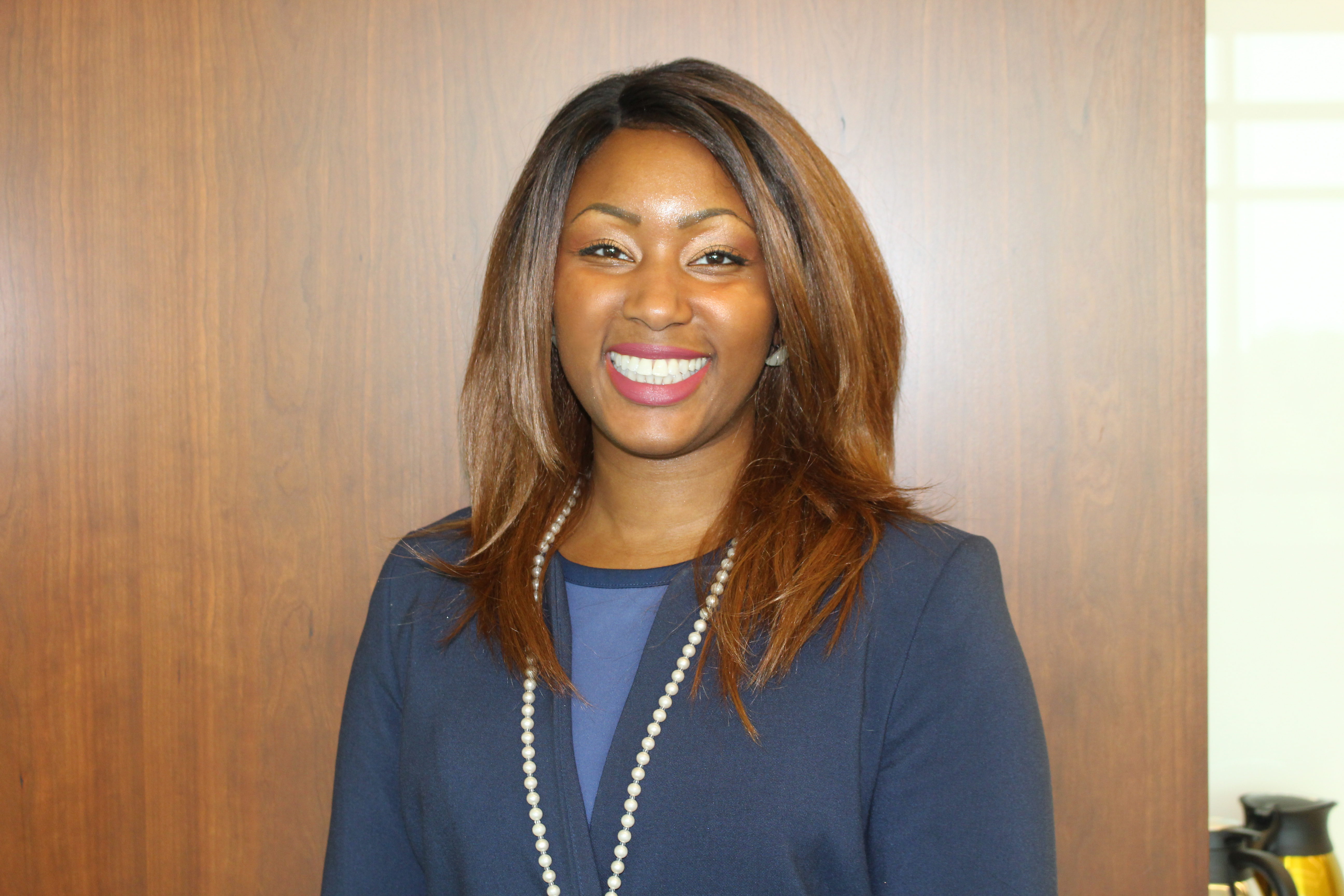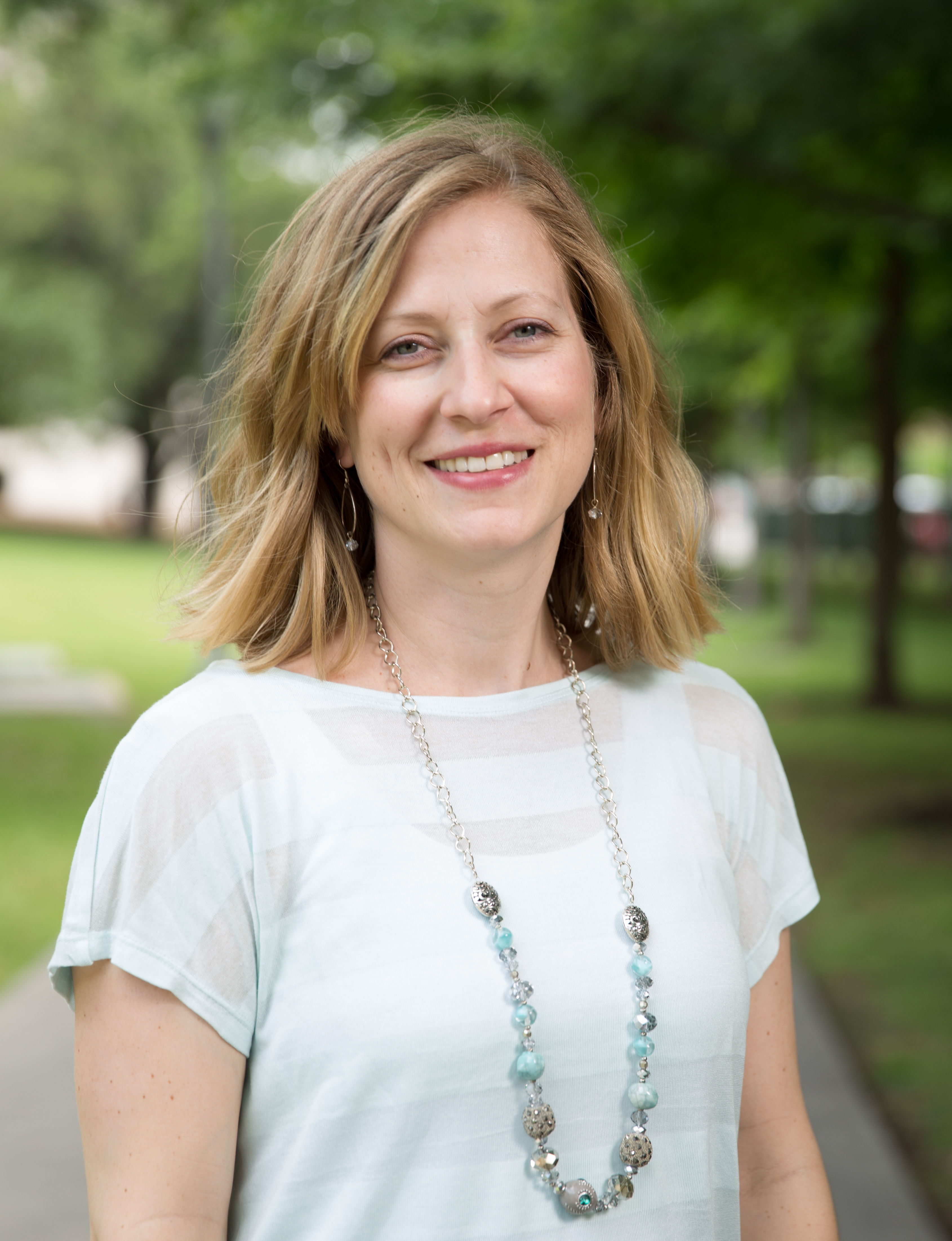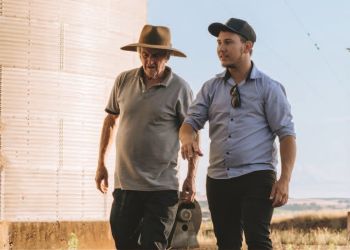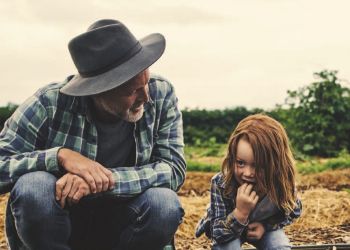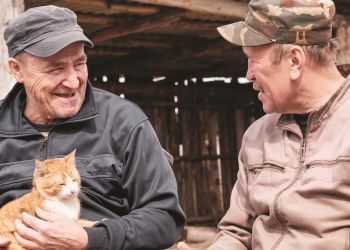The NACCHO Health and Disability Program is thrilled to introduce the 2017-18 cohort of Health and Disability fellows. NACCHO’s Health and Disability Fellowship program is an invaluable opportunity for graduate students pursing degrees in public health to receive hands-on experience in the health and disability field. The fellowship includes providing support to local health departments (LHDs) through NACCHO’s Health and Disability Technical Assistance Program; expanding written and oral communication skills; and participating in networking opportunities with leaders in the health and disability field. This year’s fellows, Katelynd Todd, Vanessa Vassall and Whitney Thurman, come with impressive public health backgrounds.
NACCHO Program Analyst and Fellowship Supervisor, Sara Lyons, took some time to interview the fellows to get their perspective on why they decided to participate in the fellowship and what they hope to gain from the experience.
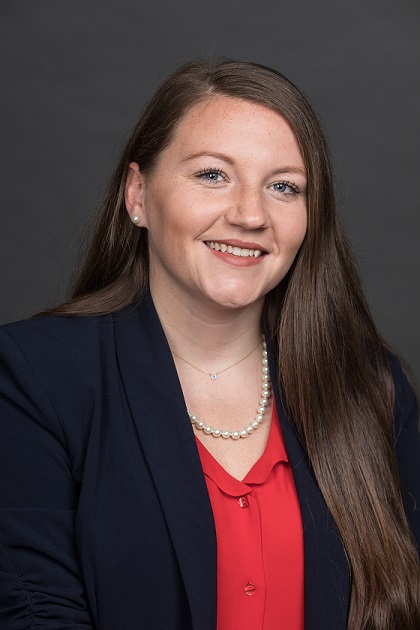
Katelynd Todd
Q1: Tell us a little about yourselves.
Katelynd Todd: I am a second year student at UC Berkeley, getting a Master of Public Health in epidemiology and biostatistics. Prior to moving to Berkeley, California, I lived in Jacksonville, Florida. I obtained my Bachelor of Science in Health Education from the University of Florida and worked in the nonprofit realm. My research in graduate school is focused on aerobic capacity in elementary school students and food interventions for health failure patients.
Vanessa Vassall: My name is Vanessa A. Vassall, and I am originally from Seattle. I am currently a PhD student and McKnight Doctoral Fellow at Florida International University in Public Health- Health Promotion and Disease Prevention. Prior to coming to FIU, I completed a Master of Science in Public Health Practice at Meharry Medical College in Nashville, and a Bachelor of Arts in Urban Healthcare and Diversity from the University of Washington in my hometown. I’ve completed graduate certificate programs at Johns Hopkins and Columbia University, and fellowships with the Centers for Disease Control and Prevention (CDC), National Institutes of Health (NIH), and Health Resources and Service Administration (HRSA). A fun fact about me is I love to travel! To celebrate my 30th birthday, I visited over 10 foreign countries that year!
Whitney Thurman: I am a registered nurse with a professional background in public health nursing and disaster preparedness. I am in my final year of the PhD program at the University of Texas at Austin School of Nursing where I am studying the intersection of health and disability, specifically focusing on disparities in health and well-being experienced by people with disabilities. I am also a Robert Wood Johnson Foundation Future of Nursing Scholar at the UT-Austin School of Nursing. I have lived in Austin for almost 20 years, but I was born and raised in a small town in Southern Illinois. I also have two small kids, Haddie (age 7) and Charlie (age 2).
Q2: How did you become interested in the health and disability field?
KT: I became interested in the field of health and disability from my own personal experiences with having an invisible disability and helping raise a younger brother with a developmental disability.
VV: I was fortunate to participate in HRSA’s Maternal and Child Health Graduate Student Epidemiology Program and conduct summer research at the Vermont Department of Health (VDH). I began implementing a program evaluation for VDH’s Children with Special Health Needs care coordination program, and began to learn about the successful inclusion efforts across the state. The Maternal and Child Health (MCH) Division and Medical Social Work team in Vermont were extremely knowledgeable, supportive and invested in the work, which influenced me to continue this type or research beyond the summer.
WT: As a public health nurse, I have been a firsthand witness to the ways in which factors outside of our healthcare system influence health, and I have always been bothered by the disparate levels of health experienced between populations. I recognized early in my research trajectory that people with disabilities are often vulnerable to social injustices such as discrimination and prejudice that adversely affect health. This realization led me to my current research interests of investigating the social, cultural, and environmental influences on the health and well-being of people with disabilities.
Q3: What are your specific areas of interest in the health and disability field?
KT: I am primarily interested in inclusive health policy and helping systems develop and implement them.
VV: I am committed to a public health career centered around eliminating health disparities, health inequities, and barriers to quality care and service delivery. As I learn more about the experiences of people with different abilities, especially children and youth, I have become more aware of ways I can continue this work to advocate for children with special health needs and their families.
WT: I am specifically interested in disparities in health and well-being between people with disabilities and those without. I am also interested in the ways in which multiple and overlapping identities frequently serve to further marginalize already disadvantaged people and the ways that the caring professions, namely nursing, can and should work to alleviate these social injustices that can manifest as health disparities.
Q4: What are you most excited to learn about when it comes to local health departments and public health in general?
KT: I’m most excited to learn about the challenges local health departments run into when developing programs and policies that included people with disabilities. I’m very passionate about developing healthy environments conducive to equity and quality of life for all.
VV: I am interested in learning more about how health departments include people with different abilities in emergency preparedness planning, and during global epidemic events. Since moving to Miami-Dade County, I have survived two major hurricanes and the Zika Virus outbreak. Due to my continued interest in both disabilities studies and maternal and child health, I took advantage of this unique opportunity to conduct research on Zika Virus knowledge, attitudes, beliefs, prevention practices, and preferred sources of health information among college students. I look forward to learning more about this type of research and response work at the health department level.
WT: I look forward to learning what LHDs across the country are doing to ensure the ability of people with disabilities to lead full, active, and healthy lives. I think it is always affirming to learn about efforts and successes of front-line workers, and I am excited to learn about best practices in this area as well as how evidence is being translated into practice at the local level.
Q5: What do you hope to accomplish during your time as a NACCHO fellow?
KT: As a NACCHO fellow, I hope to develop a diverse array of tools that can help health departments implement long-term change that is sustainable beyond my time as a fellow.
VV: I hope to increase my knowledge and skill in the area of health and disability as much as I possibly can. Coming from a chronic disease prevention and cancer research background, so much of this fellowship will be new to me. I look forward to attending a major conference in the area of disabilities and inclusion to increase my awareness of research and programmatic efforts in-progress across the country. I hope to gain new mentors who are experts in this field and can answers all of my curious questions.
WT: I hope to gain experience working with LHDs as they work to translate evidence regarding health promotion for people with disabilities into practice. This real-world experience will help me to more easily identify gaps in knowledge that still need to be addressed by academic researchers. I am also looking forward to becoming more familiar with the broad scope of services that LHDs provide in their respective jurisdictions across the country.
Q6: What are your career goals upon completion of the fellowship?
KT: I hope to start my career in health policy or government relations for a public health nonprofit or work directly for a local health department as an epidemiologist. I plan to use the experiences and skills from this fellowship to educate others on the intersectionality of health and disability care promotion.
VV: I am interested in gaining a global perspective of health and disability efforts by participating in an international research program while I’m still a student. Upon graduation, I am interested in completing an interdisciplinary post-doctoral fellowship that would allow me to continue in this area and gain new skillsets at the same time. I hope to one day become a professor and university administrator. Ultimately, though, I aspire to become enough of an expert in the fields of health equity and disability inclusion to give my knowledge and skill back to this country through the United States Public Health Service. It has been my dream since the ninth grade to don a highly decorated khaki uniform!
WT: I will finish the NACCHO Health and Disability fellowship at about the same time that I finish my dissertation. My long-term goals include a research career dedicated to improving the health and well-being of people with disabilities. I am tremendously grateful for the opportunities this fellowship will provide me to augment my research training in an immediately applicable real-world setting which should position me to more easily take the next step into a career as an independent researcher.
NACCHO looks forward to Whitney, Katelynd, and Vanessa’s contributions to the Health and Disability program. Welcome to the NACCHO Team! To learn more about the fellowship, visit NACCHO’s health and Disability webpage or contact Sara Lyons.
The NACCHO Health and Disability Fellowship is supported by the Centers for Disease Control and Prevention (CDC), Cooperative Agreement #5NU38OT000172-05-00 and the NACCHO Disability and Health program.
